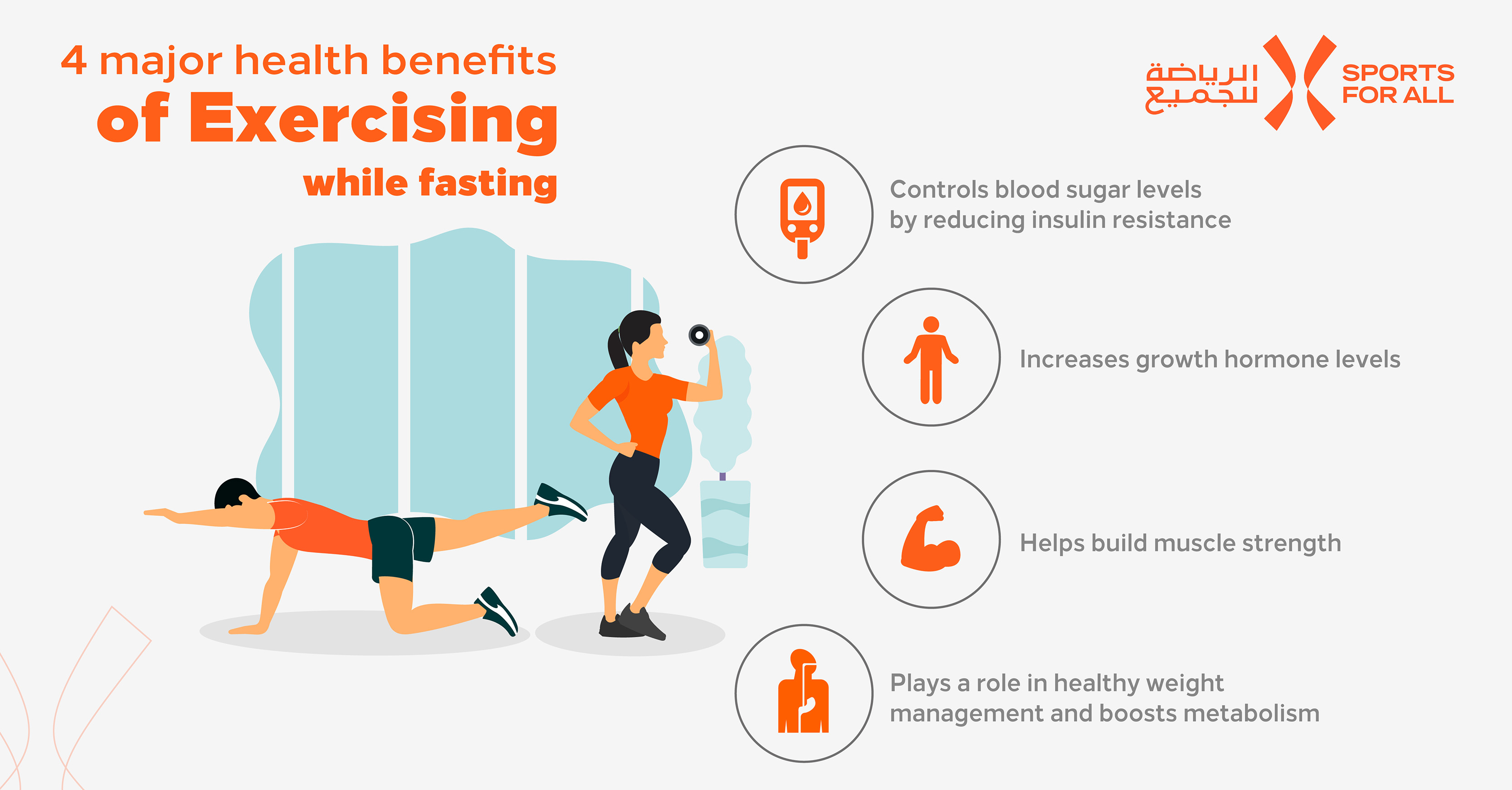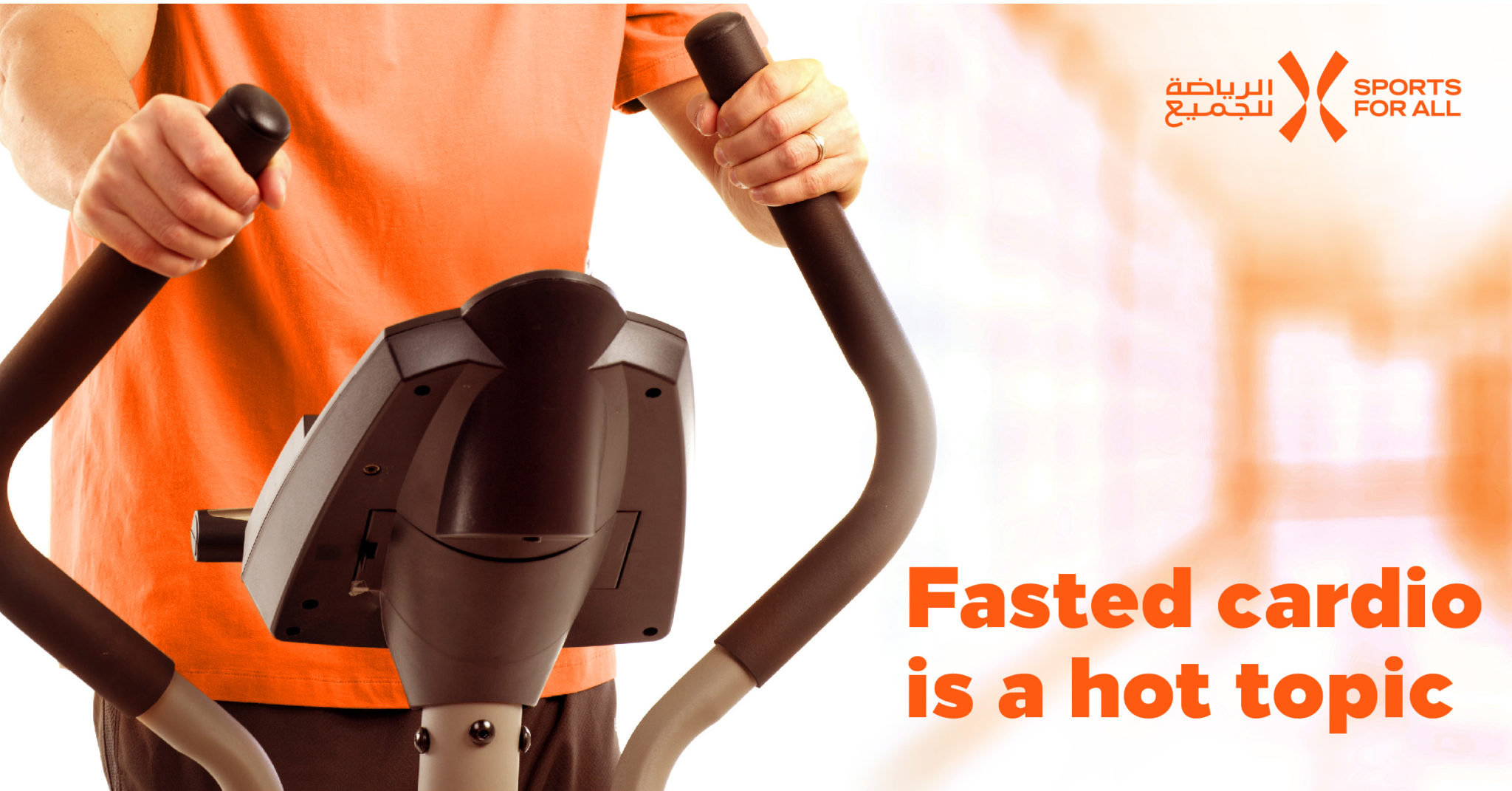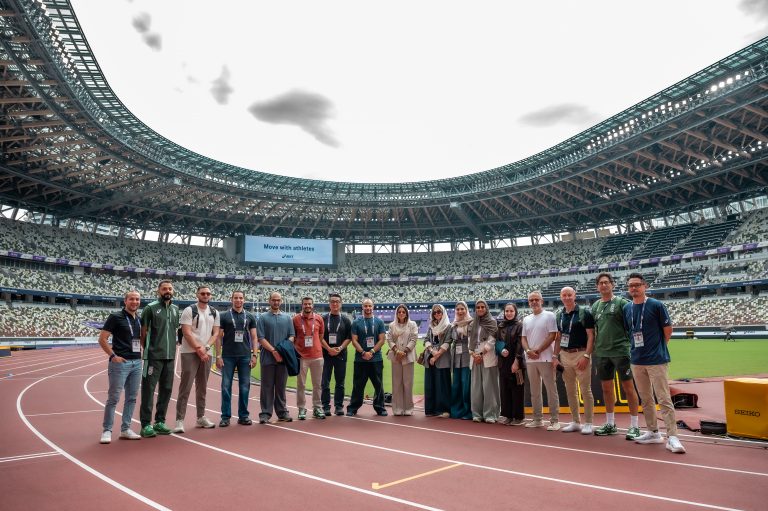Experts look into the potential benefits of exercising on an empty stomach
Fasted cardio has been a hot topic in the fitness and nutrition industries for the past few years. Many people have raved about their experiences with fasted exercise. But does it live up to the hype? We undertook some research!
It is important to remember that exercise while fasting is not for everyone. Listen to your body and do what feels best for you.
Research on fasted exercise is still in the early stages, but some studies have shown that working out on an empty stomach can help reduce health risks.

Here is what some of the experts had to say about exercising on an empty stomach:
It can help regulate blood sugar levels
One study done on a sample of healthy males found that those who exercised while fasting experienced improvement in their bodies’ response to insulin. With increased sensitivity to insulin, their cells can use and store glucose more effectively.
It has been linked to lower levels of the “bad” cholesterol
Experts have found that fasted exercise can help decrease low-density lipoprotein (LDL), the “bad” cholesterol, in another study. Balanced blood sugar levels and lower LDL levels can help protect from Type 2 diabetes and heart disease.
It promotes the production of human growth hormone
The human growth hormone (HGH) plays an integral role in lean body composition, cell repair and metabolism. Studies found that HGH boots muscle growth and helps recovery from injury and illnesses. Furthermore, the impact of fasted exercise on blood sugar levels extends to HGH. Research has shown that insulin spikes can disrupt natural HGH production.
It can boost metabolism and facilitate healthy weight management
When exercising on an empty stomach, the body turns to stored fuel to compensate for the spent energy. It utilizes our glucose and fat reserves. A small study found fasted exercise can help you burn up to 20% more fat than those who work out after a meal. However, some experts have found that fasted cardio does not have an impact on fat loss overall.
Thinking of trying a quick workout session pre-iftar? Here are some suggestions to keep in mind:
- Safety First! Consult your medical professional before trying a new health regime to ensure that you are able to perform home workouts safely
- Choose moderate and low-intensity workouts
- Aim to keep your cardio under one hour
- Exercise shortly before iftar or your mealtime to ensure to replenish your body.
- Don’t forget to warm up and cool down—check out some of our tips here!
Whether you choose to workout fasted or not, remember that reaching your fitness goals is a result of a cumulative healthy lifestyle (Learn about four benefits you stand to gain an active lifestyle).
Your nutrition, especially during Ramadan, is essential in maintaining your energy levels throughout the day. We’ve shared a few ways to incorporate more fruits and vegetables into your iftar meal to keep you hydrated and energized here.
Healthy Living is a frequently updated content section brought to you by the Saudi Sports for All Federation. In the spirit of supporting our #HealthyActiveCommunity, we’re sharing tips around wellness, physical activity and more!






